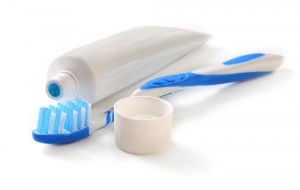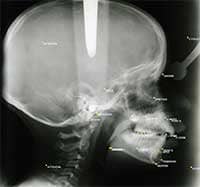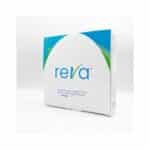
The study’s results are published in the August issue of the Journal of Dental Hygiene. In 9 out of 10 comparisons, microbial counts were lower for solid-head toothbrushes than hollow-head toothbrushes, noted the study’s lead author Donna Warren Morris, MEd, RDH.
“Toothbrushes can transmit microorganisms that cause disease and infections. A solid-head design allows for less growth of bacteria, and bristles should be soft and made of nylon,” Morris said. “It is also important to disinfect and to let your toothbrush dry between uses. Some power toothbrushes now include an ultraviolet system, or you can soak the head in mouthwash for 20 minutes.”
The study was conducted over a 3-week period where participants brushed twice daily with one out of three randomly assigned power toothbrushes. Participants used non-antimicrobial toothpaste and continued their flossing routine throughout the study, but refrained from using other dental products like mouthwash.
Toothbrush heads were exposed to five categories of oral microorganisms: anaerobes and facultative microorganisms, yeast and mold, oral streptococci and oral enterococci anaerobes, Porphyromonas gingivalis and Fusobacterium species.
The study states that there is no present or published study that has demonstrated that bacterial growth on toothbrushes can lead to systematic health effects, but as Morris stated, several microorganisms have been associated with systemic diseases.










